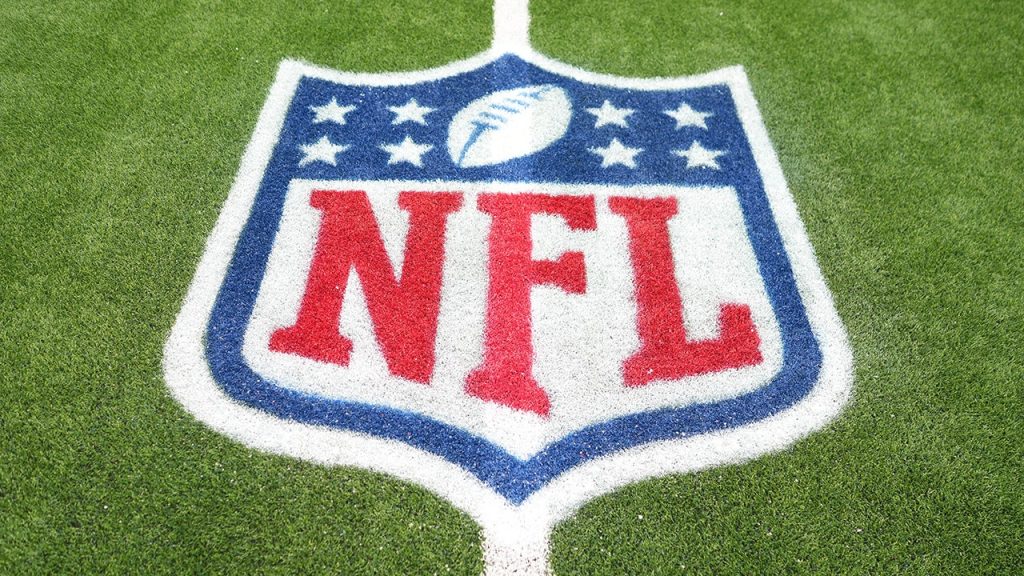The Minnesota Vikings, despite boasting a tied second-best record in the NFC, find themselves on the road for their first playoff game. This unusual circumstance stems from the NFL’s current playoff format, which prioritizes division winners over overall record for home-field advantage. The Vikings’ division rivals, the Detroit Lions, clinched the NFC North title and the top seed with a 15-2 record, securing a bye and home-field advantage throughout the playoffs. Meanwhile, the Vikings, with a 13-4 record, must travel to Arizona to face the Los Angeles Rams in a game relocated due to wildfires in California. This scenario highlights a potential flaw in the existing playoff structure, where a team with a superior record can be penalized with an away game due to the divisional structure.
The Vikings’ predicament isn’t an isolated incident. NFL playoff history is replete with similar situations, including instances where teams with losing records have hosted playoff games due to their division titles, while teams with significantly better records were forced to play on the road. This inherent contradiction has prompted calls for a reevaluation of the playoff system, particularly focusing on prioritizing winning percentage over divisional titles for home-field advantage. A proposed change under consideration would award home-field advantage in the wild-card round to the four teams with the best records in each conference, regardless of divisional standing. This approach would align playoff seeding more closely with overall performance, ensuring that the teams with the best records have the advantage of playing at home.
In the current season, the proposed change would have resulted in the Detroit Lions, Minnesota Vikings, Philadelphia Eagles, and Washington Commanders hosting wild-card games in the NFC. Similarly, the Kansas City Chiefs, Buffalo Bills, Baltimore Ravens, and Los Angeles Chargers would have enjoyed home-field advantage in the AFC. However, under the current system, the Commanders and Chargers, despite strong records, are playing away games against the Tampa Bay Buccaneers and Houston Texans, respectively, as these teams won their respective divisions, albeit with weaker overall records.
This discrepancy highlights the ongoing debate regarding the fairness and efficacy of the NFL’s playoff structure. While divisional titles hold significance, critics argue that rewarding them with automatic home-field advantage can create inequitable matchups, where teams with superior overall records are disadvantaged. The proposed change, emphasizing winning percentage, seeks to remedy this by prioritizing overall performance in determining home-field advantage.
However, despite the apparent logic behind the proposed change, it faces significant resistance from NFL team owners. Reports suggest a lack of appetite among owners to alter the current format, highlighting the complex dynamics at play. The current system, while potentially flawed, provides a clear pathway to playoff qualification, rewarding divisional dominance. A shift towards prioritizing winning percentage could potentially devalue divisional titles and create different competitive incentives within the league.
The debate over playoff formatting gained traction even before the postseason began. Detroit Lions receiver Amon-Ra St. Brown publicly questioned the fairness of the current system, noting the seeming absurdity of a 14-win team playing on the road in the playoffs. His comments underscored the growing sentiment among players and fans that the current format doesn’t always reflect the best teams or create the most competitive playoff matchups. The NFL’s last significant playoff format change occurred in 2020, expanding the playoff field from 12 to 14 teams and reducing the number of teams receiving first-round byes from two to one. While that change aimed to increase postseason participation, the current debate focuses on refining the seeding process to ensure that home-field advantage is awarded based on merit rather than solely on divisional standing.

